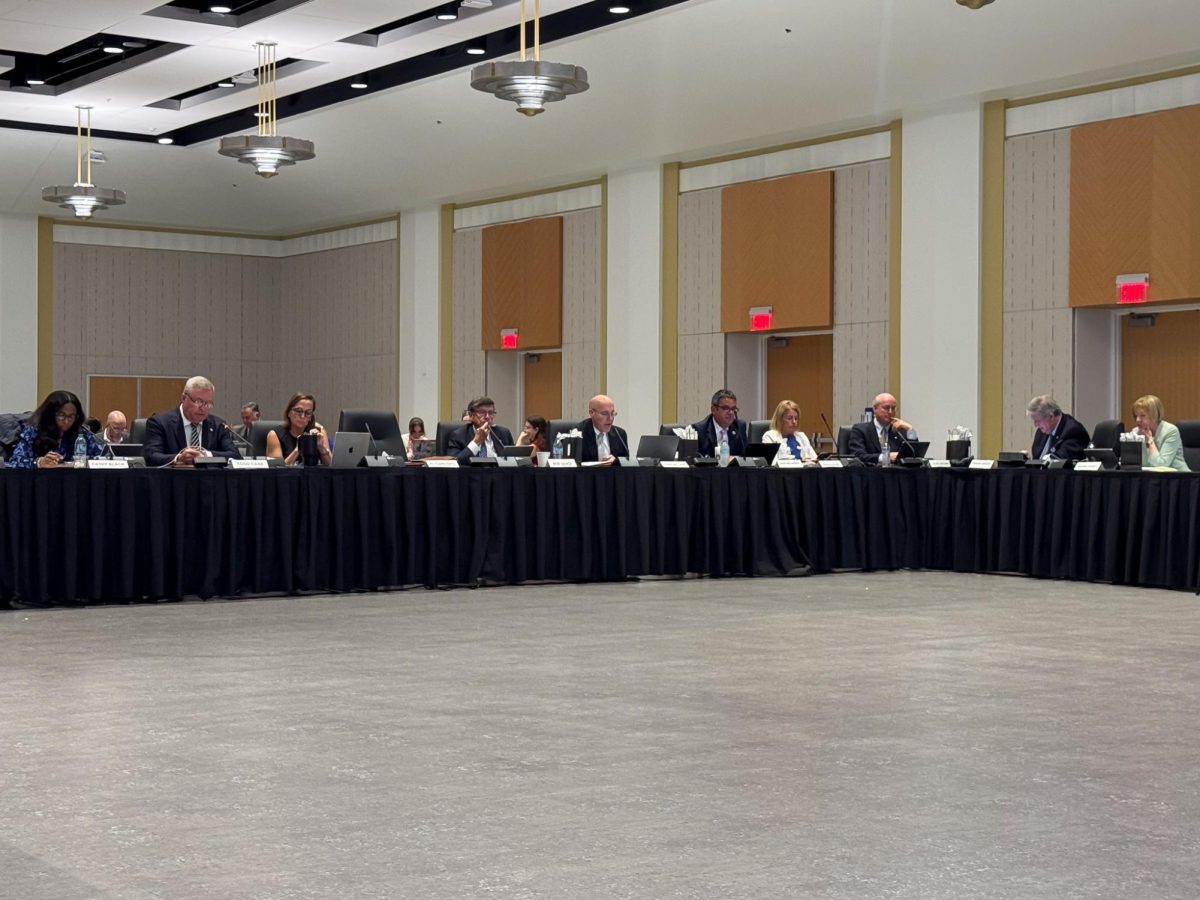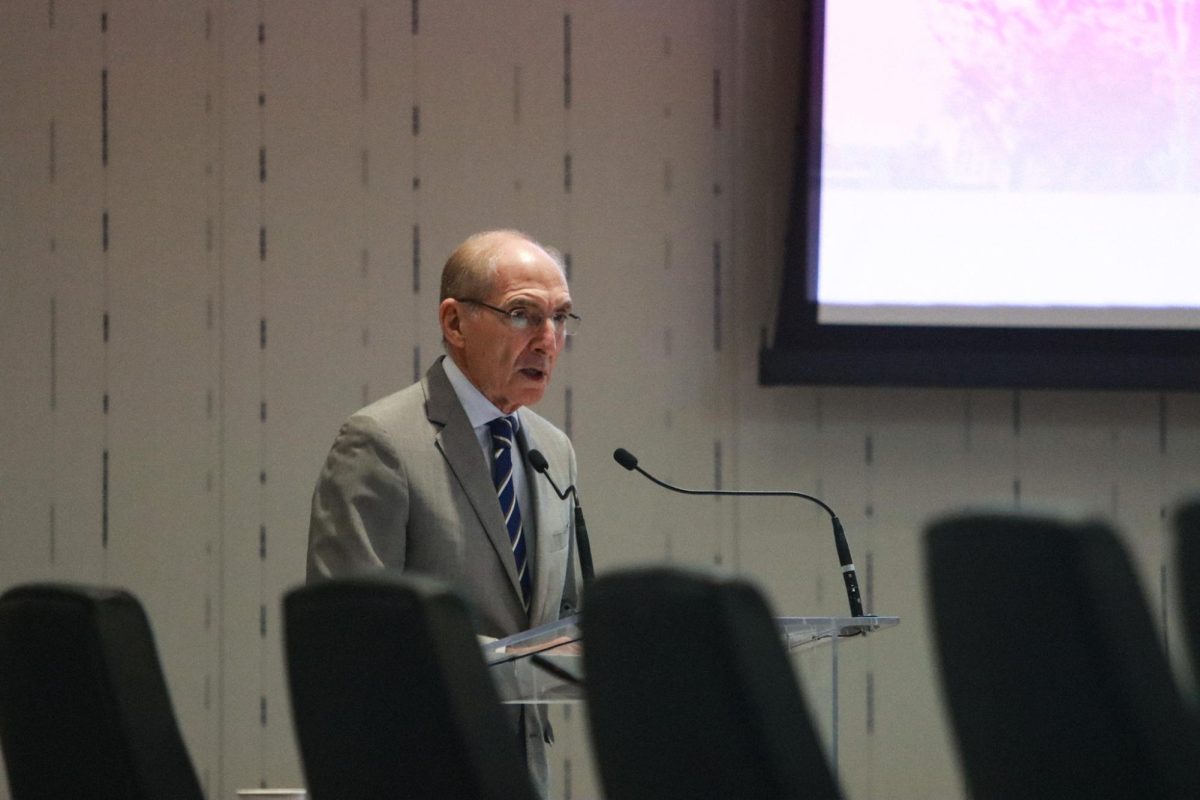Hearing their voices: Poll shows UK political views
March 3, 2016
In a campus-wide poll conducted by the Kentucky Kernel from Feb. 24 to Mar. 2, Bernie Sanders won the Democratic support in a landslide, and Republicans chose Marco Rubio ahead of the rest of the field.
Results show students are politically diverse, overestimate their likelihood to vote, and are most interested in health care, cost of education, and national security.
Kentucky’s Republican caucus is Saturday, and many UK students will cast their vote for a candidate different from their parents.
During the past week, 894 undergraduates representing 112 different majors completed a one-page political evaluation from the Kentucky Kernel.
Respondents who said they somewhat, mostly or definitely support a Democrat chose Bernie Sanders (85.2 percent) over Hillary Clinton (14.8 percent).
Respondents who support a Republican at least somewhat were distributed as Marco Rubio (40.3 percent), Donald Trump (22.2 percent), Dr. Ben Carson (17 percent), Ted Cruz (15.6 percent) and John Kasich (4.9 percent).
Students were selected by a random sample of lower (100-299) and upper (300+) level courses, and surveys were administered to all students in the selected courses.
Sanders’ massive victory among the UK student body contradicts national polls. According to Real Clear Politics, Clinton leads among Democrats by about 10 percent, compared to a 70-point deficit at UK.
Nearly half of Sanders’ support came from students who identified as non-religious or left the field blank. Marco Rubio gained 14 percent of his support from non-religious students.
There is a statistically significant change in distribution of political leaning related to year. Part of this is that freshmen are more conservative while seniors are more moderate and liberal.
Undergraduates differed again from the national polls by choosing Rubio as the top Republican rather than Trump. Rubio gained 40 percent of his support from students who identified as moderate.
Historically, young people are criticized for their lack of involvement in elections — just 38 percent of 18-24 year olds voted in the 2012 general election, according to the U.S. Census — but 71.4 percent of students who supported Republicans said they would definitely or probably vote. It is clear from this poll that students overestimate their likelihood to vote.
Only about 38 percent of Republican supporters are definite about voting and know how to vote.
For the students who will likely take part in Saturday’s Republican caucus, the top issue was national security.
“Immigration used to be about economics and culture, it was not about national security,” political science professor Stephen Voss said. “I really doubt this is military policy.”
The top issue for liberals was cost of education, and the top issue for moderates was health care.
Follow the Kentucky Kernel for more articles and columns on the results of this poll. Associate professor of statistics Ruriko Yoshida was consulted for the polling process.
The overall margin of error for this survey is 3.3 percent. The margin of error for statistics in this story range from 2.7 percent to 7.4 percent.






























































































































































